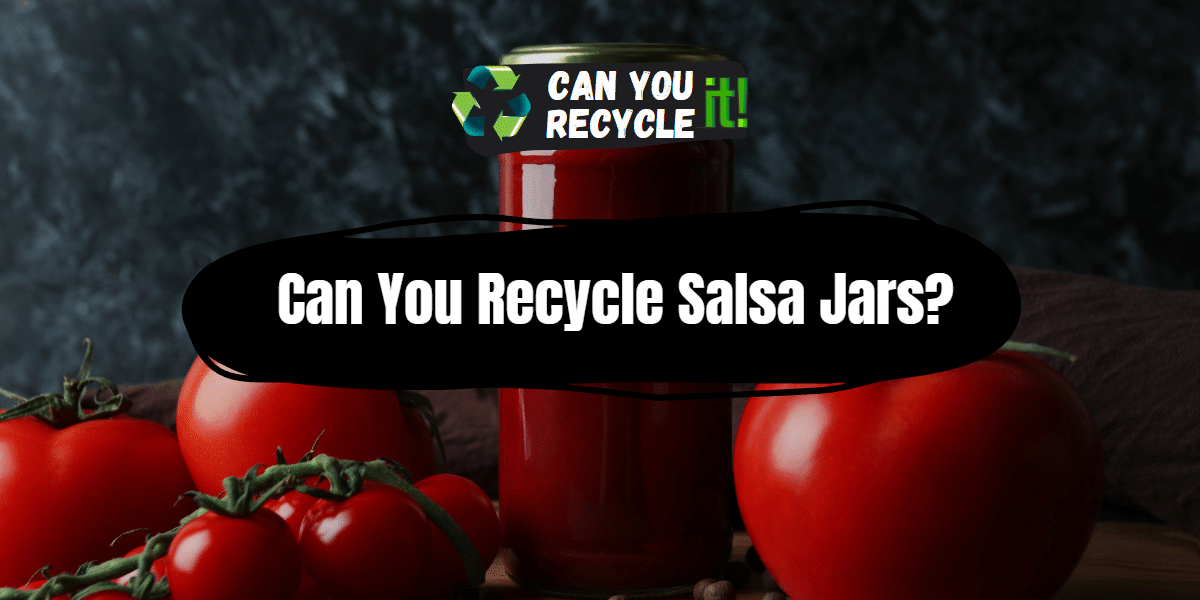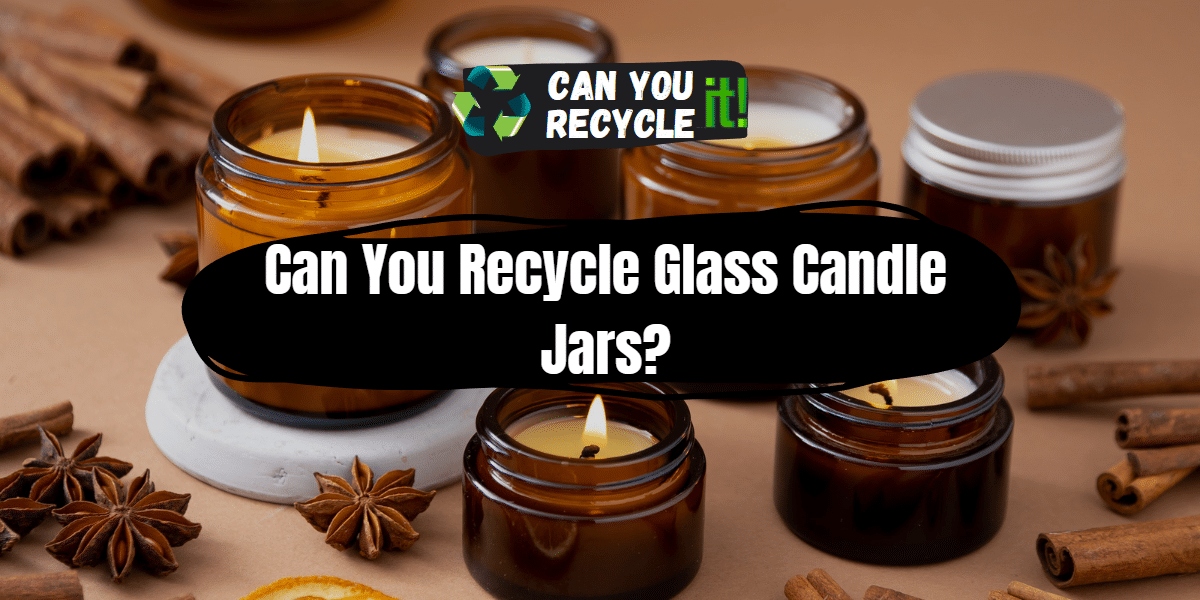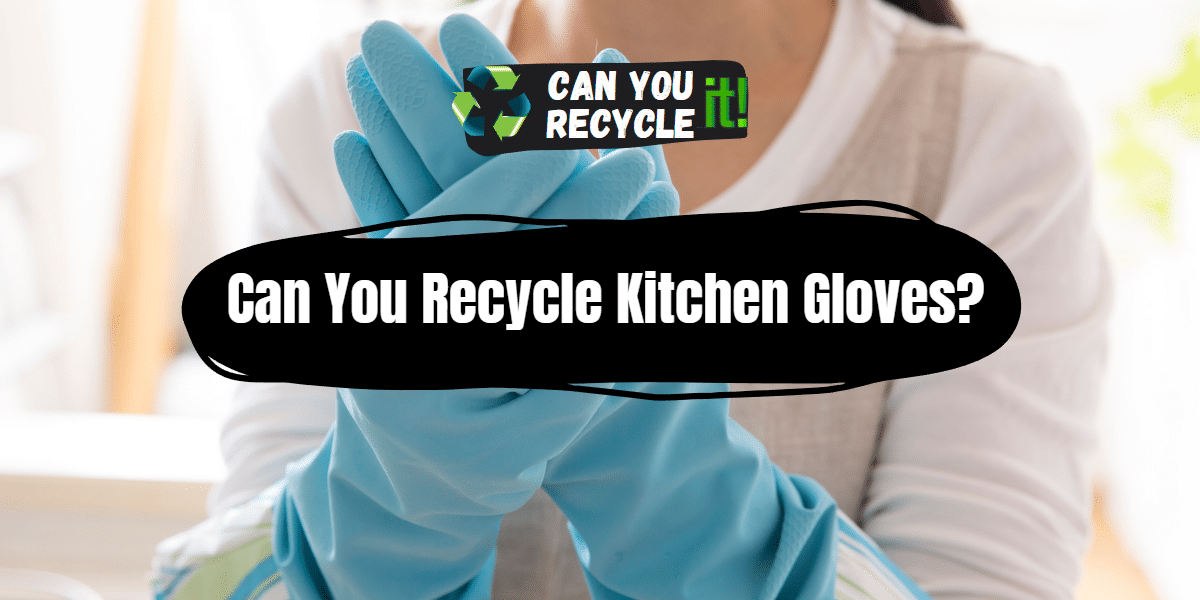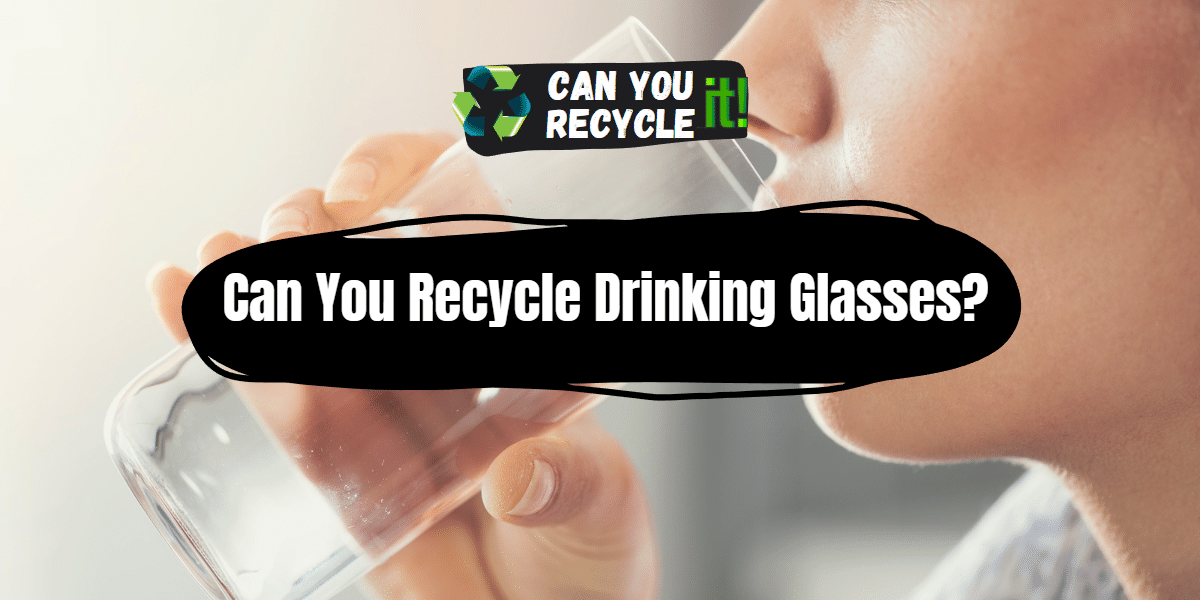Yes, you can recycle salsa jars. Salsa jars are made of glass, which is a recyclable material. In fact, glass is one of the most commonly recycled materials in the world.
When it comes to salsa jars, many of us wonder: can you recycle salsa jars? Recycling options for salsa jars may vary depending on factors such as the materials used and local recycling facilities.
In this article, we will explore the possibilities of recycling salsa jars, provide dos and don’ts for proper recycling, present a step-by-step guide to recycling salsa jars, discuss alternative options for jars that cannot be recycled, examine the environmental impact of salsa jar recycling, address frequently asked questions, and conclude with final thoughts on this topic. So, let’s dig in and discover the truth about recycling salsa jars!
Table of Contents
Do’s and Don’ts
To ensure the effective recycling of salsa jars, keep the following dos and don’ts in mind:
Dos
- Do clean the jar: Before recycling a salsa jar, make sure to clean it thoroughly. Remove any remaining salsa or food residue and rinse the jar with water. This helps prevent contamination during the recycling process.
- Do remove labels: Peel off any labels or stickers from the salsa jar. Labels can interfere with the recycling process and may contain adhesives that are not recyclable. Removing labels ensures a cleaner and more efficient recycling process.
- Do check local recycling guidelines: Familiarize yourself with the recycling guidelines in your area. Different regions may have specific rules regarding recycling materials, including glass jars. Check with your local recycling facility or municipality to determine if salsa jars are accepted for recycling.
Don’ts
- Don’t recycle broken jars: Avoid recycling salsa jars that are cracked or broken. Broken glass can cause safety hazards during recycling and contaminate other recyclables. Dispose of broken jars in the appropriate waste bin or follow local disposal guidelines.
- Don’t recycle lids: In most cases, the metal lids of salsa jars are not recyclable with regular glass recycling. Separate the lid from the jar and dispose of it according to local guidelines. Some recycling programs may have specific instructions for recycling metal lids.
5-Step Guide to Recycle Salsa Jars
Follow these steps to recycle your salsa jars responsibly:
Step 1
Empty and clean the jar: Empty the salsa jar thoroughly, ensuring no food residue is left. Rinse the jar thoroughly with water to remove any remaining salsa.
Step 2
Remove labels and glue: Peel off any labels or stickers from the jar. If there is stubborn glue residue, use a mild adhesive remover or rubbing alcohol to clean the surface.
Step 3
Check local recycling guidelines: Research the recycling guidelines in your area. Contact your local recycling facility or municipality to confirm if salsa jars are accepted for recycling and if any specific requirements or restrictions apply.
Step 4
Separate lids: Remove the metal lid from the jar. In most cases, metal lids are not recyclable with glass jars. Check with your local recycling facility for separate instructions on recycling metal lids.
Step 5
Place in a recycling bin: Once the salsa jar is clean, label-free, and separated from the lid, place it in the designated recycling bin for glass or follow the instructions provided by your local recycling program.
What to Do with Salsa Jars That Cannot Be Recycled
If salsa jars cannot be recycled in your area or if they are damaged beyond reuse, consider the following alternative options:
- Reuse for storage: Salsa jars can be repurposed for various storage needs. Use them to store dry goods, homemade sauces, or other pantry items. They can also serve as containers for crafting supplies or small household items.
- Donate or share: If your salsa jars are still in good condition, consider donating them to local community centers, schools, or individuals who can repurpose them for arts and crafts projects or other purposes.
- Upcycle: Get creative and transform salsa jars into decorative items or practical household objects. They can be turned into candle holders, vases, or even planters for small succulents or herbs. Let your imagination guide you!
Environmental Impact of Recycling Salsa Jars
Recycling salsa jars has several positive environmental impacts:
- Conserves resources: Recycling salsa jars reduces the need for raw materials like sand, soda ash, and limestone, which are used in glass production. By reusing glass, we conserve natural resources and reduce energy consumption.
- Saves energy: Recycling glass requires less energy than manufacturing new glass from scratch. This energy-saving process helps lower carbon emissions and mitigates climate change.
- Reduces landfill waste: When salsa jars are recycled, they are diverted from landfills, reducing the amount of waste accumulating and taking up valuable landfill space.
- Minimizes air and water pollution: Recycling salsa jars reduces the need for new glass production, which can contribute to air pollution and water contamination. By recycling, we help minimize these harmful environmental impacts.
FAQs for Can You Recycle Salsa Jars
Can I recycle salsa jars with food residue?
It’s best to clean salsa jars thoroughly before recycling them. Food residue can contaminate other recyclables and hinder the recycling process. Rinse the jar with water to remove any residue before recycling.
Are plastic salsa jars recyclable?
Depending on local recycling guidelines, plastic salsa jars, often made of PET or HDPE plastics, may be recyclable. Check with your local recycling facility to determine if plastic salsa jars can be recycled in your area.
Can I recycle salsa jars with metal lids?
In most cases, metal lids should be separated from glass salsa jars and recycled separately. Check with your local recycling facility for specific instructions on recycling metal lids.
Conclusion and final thoughts 💭
Recycling salsa jars is an essential step in minimizing waste and conserving resources. By following the dos and don’ts, utilizing the step-by-step guide, exploring alternative options for non-recyclable jars, and understanding the environmental impact of salsa jar recycling, we can contribute to a cleaner and greener planet. Remember, responsible recycling is a collective effort that starts with individual actions. Let’s make conscious choices, spread awareness, and inspire others to join us on the journey toward a more sustainable future.





Leave a Reply